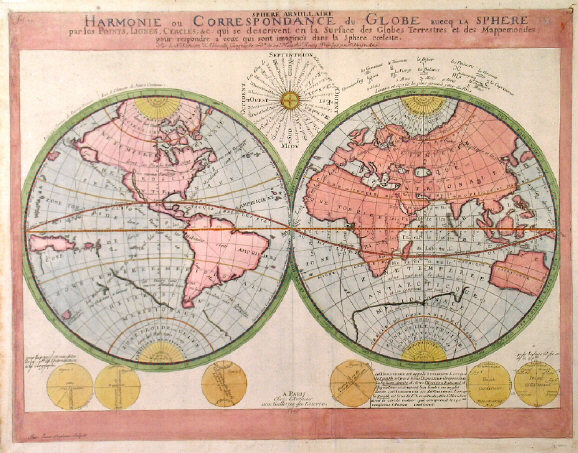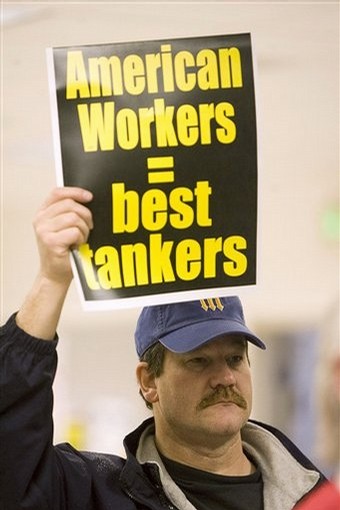« July 29, 2010 | Main | August 02, 2010 »
August 01, 2010
If your U.S. client trades abroad, the UCC won't always give you the answer.
If you buy and sell in the global markets, make the UN Convention on Contracts for the International Sale of Goods (CISG) your friend.

If your day job is like ours, it's not off-the-wall for a longstanding client to call on a Friday afternoon with a question about a clause in a 10-year old contract under which the client, a U.S. widget manufacturer, is selling widgets to a Norwegian distributor. "No problem," you think. And you tell her: "Let me look at the Uniform Commercial Code, preliminarily. We'll start there, of course. I will call you back."
Be careful there, fancy lawyer. Commercially, we live in a world that never sleeps. Every minute during these last 40 or so nervous months, deals are still struck and goods still change hands.
In cases of international sales of goods, the Uniform Commercial Code--or UCC, adopted by 49 states to create a standardized law for commercial transactions in the U.S.--is often preempted by the federally-adopted United Nations Convention on Contracts for the International Sale of Goods (1980) (often the "CISG").
A multinational treaty that provides a uniform law for international sales of goods, the CISG was signed in 1980--and has been ratified by over 70 countries. While the CISG is similar to the UCC, there are differences, and some are major. For example, unlike the UCC, the CISG generally does not require any contract for the sale of goods to be in writing. More importantly, unless the terms of a sales contract between parties from participating countries expressly exclude the CISG, the CISG is deemed to govern the contract.
By the way, don't guess on Contracting States, or signers, either. The U.S. adopted the CISG in 1988. Australia, most of Europe and parts of Asia, Africa and South America have also adopted the CISG.
One notable holdout: the United Kingdom.
Note: Courtesy of Pace Law School, in White Plains, New York: for U.S. citation purposes, the United Nations-certified English text is published in 52 Fed. Reg. 6262, 6264-6280 (March 2, 1987); United States Code Annotated, Title 15, Appendix (Supp. 1987).
Posted by JD Hull at 11:59 PM | Comments (0)
Redux: Andy Grove on U.S. jobs: "Rebuild our industrial commons".
At Bloomberg, see Grove's truly maverick "How to Make an American Job Before It's Too Late". Three excerpts:
[P]lowing capital into young companies that build their factories elsewhere will continue to yield a bad return in terms of American jobs.
We should develop a system of financial incentives: Levy an extra tax on the product of offshored labor. (If the result is a trade war, treat it like other wars -- fight to win.) Keep that money separate. Deposit it in the coffers of what we might call the Scaling Bank of the U.S. and make these sums available to companies that will scale their American operations.
Such a system would be a daily reminder that while pursuing our company goals, all of us in business have a responsibility to maintain the industrial base on which we depend and the society whose adaptability--and stability--we may have taken for granted.

Agreed. But will this be true in 20 years?
Posted by JD Hull at 12:28 AM | Comments (6)